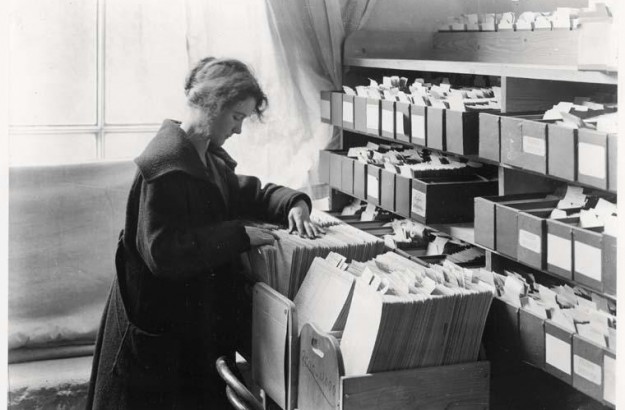Saint-Louis University (Brussels), the Catholic University of Louvain (Ottignies) and the University of Namur co-organise an interdisciplinary conference within the framework of the Interuniversitary Attraction Pole "Human Rights Integration" (Belgian Scientific Policy) on 7 November 2014.
Program:
1ère session : Séance d’ouverture
Présidence :
Françoise Tulkens (Professeur émérite UCL, ancien juge
à la Cour européenne des droits de l’homme 1998-2012)
9.00 Mot de bienvenue par Philippe Gérard
(Université Saint-Louis)
9.10-9.25 Introduction par Julie Ringelheim
(FNRS/UCL) et Priscilla Claeys
(UCL, Collège d’Etudes Mondiales)
9.25-9.45 Justine Lacroix (ULB),
Des droits de l’homme aux droits
humains ?
Retour sur un débat historiographique
à forte portée politique
9.45-9.55 Ludivine Damay (Université Saint-Louis)
et Florence Delmotte
(FNRS/Université Saint-Louis),
Réaction et lancement de la discussion
9.55-10.15 Discussion
10.15-10.30 Pause
2ème session : Droits de l’homme et politique :
perspectives socio-historiques
Présidence
Pierre-Olivier de Broux (Université Saint-Louis)
10.30-10.50 : Jan Eckle (Universität Freiburg,
Allemagne), The Rise of Human Rights
Politics on the International Scene in
the 1970s
10.50-11.10 Sarah Snyder (American University,
Washington), Human Rights Activism
and the Cold War
11.10-11.30 Bart De Sutter (Universiteit Antwerpen),
The making of the International
Helsinki Federation for Human Rights:
(dis)continuities, contradictions and
alternatives
11.30-11.45 Eva Brems (Université de Gand),
Réaction et lancement de la
discussion
11.45-12.15 Discussion
12.15-13.30 Déjeuner
3ème session : Droits de l’homme
et mouvements sociaux - 1
Présidence
Koen De Feyter (Université d’Anvers)
13.30-13.50 Neil Stammers (University of Sussex), Human Rights and Social Movements:
Theoretical Perspectives
13.50-14.10 Barbara Truffin (ULB), The Use of the
Human Rights Concept by Indigenous
Peoples
14.10-14.30 Priscilla Claeys (UCL, Collège d’Etudes
Mondiales), The Creation of New Rights
by the Peasant Movements
14.30-14.45 Geoffrey Pleyers (FNRS/UCL-Cridis/
EHESS), Réaction et lancement de la
discussion
14.45-15.15 Discussion
15.15-15.30 Pause
4ème session : Droits de l’homme
et mouvements sociaux - 2
Présidence
Jacques Fierens (Université de Namur)
15.30-15.50 Claire De Galembert (CNRS/ENS
Cachan), Droits de l’homme et
mouvements religieux
15.50-16.10 Patricia Naftali (FNRS/ULB),
Mobilisation des victimes des dictatures
en Amérique latine et construction
du droit à la vérité
16.10-16.30 Vincent-Arnaud Chappe
(Centre Maurice Halbwachs, CNRS),
Les syndicats face au droit de
la non-discrimination : droits individuels
c. droits collectifs ?
16.30-16.45 Julien Pieret (ULB), Réaction
et lancement de la discussion
16.45-17.15 Discussion
Conclusions
17.15-17.45 Conclusions par Olivier De Schutter
(UCL, Collège d’Europe,
ancien Rapporteur spécial des Nations
Unies pour le droit à l’alimentation
2008-2014)
17.45 Réception pour les 15 ans
du Master complémentaire en droits
de l’homme


.PNG)






















